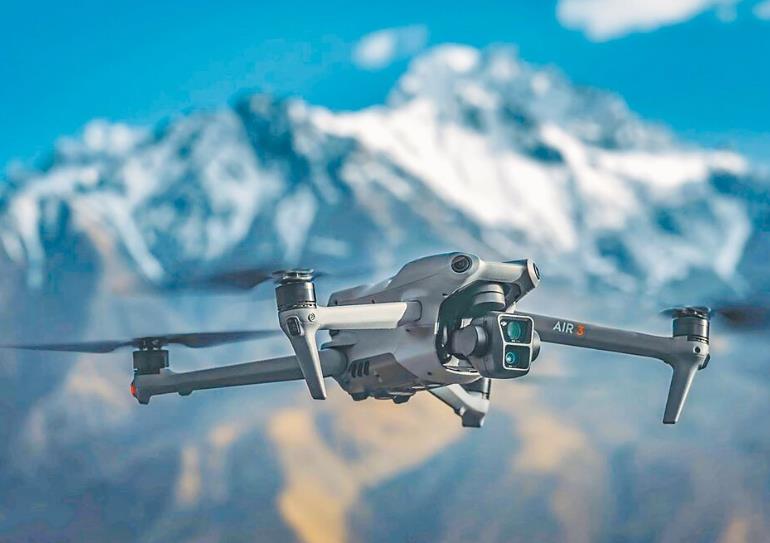Embarking on a career as an Air Force drone pilot offers a unique pathway into advanced aviation and cutting-edge technology. The role of a drone pilot in the Air Force is crucial, merging traditional flight skills with modern remote operation techniques, which significantly impacts national security and surveillance missions. As this field expands, there are increasingly varied opportunities for specialization and advancement.
Understanding the Role
The primary objective of an Air Force drone pilot is to operate unmanned aerial vehicles (UAVs) for reconnaissance, surveillance, and combat support missions. These pilots are responsible for navigating drones in complex scenarios that require precision and quick decision-making. The demands of this occupation include maintaining keen situational awareness, adaptability, and technical prowess.
Drone piloting is distinctly different from manned aircraft roles due to its reliance on remote systems and digital interfaces. Drone pilots must not only control the drone’s flight path but also interpret vast amounts of data collected during missions. These data are crucial in making informed tactical decisions that impact operations.
Qualifications and Training
Aspiring drone pilots must first fulfill basic Air Force entry requirements, followed by specialized training dedicated to UAV operation. Initial military training provides foundational knowledge, after which candidates enter drone-specific programs that cover remote navigation, systems management, and advanced flight tactics. Education in computer science, engineering, or aeronautics can be advantageous, although not mandatory.
Advanced training involves simulators and real-world scenarios to prepare pilots for operational challenges. This phase focuses on mission planning, execution, and post-mission analysis to refine skills and ensure readiness.
Technology and Innovation

The field is rapidly evolving, driven by technological innovation. Drone pilots must stay abreast of advancements such as AI integration into UAV systems, enhancing the capability for autonomous operations. Continuous learning is imperative as new software and hardware are regularly introduced to improve performance and mission efficiency.
Career Path and Opportunities
Becoming an Air Force drone pilot opens doors to various career pathways both within and outside military confines. Pilots can advance to instructive roles, participate in research and development projects, or transition into civilian industries looking for skilled operators. The strategic importance of UAV technology ensures there will be ample opportunities for growth and specialization.
Leadership positions are a prospect for experienced pilots who demonstrate exceptional proficiency and leadership qualities. Developing these attributes can lead to roles that shape organizational strategies and workflows.
Demand for skilled drone pilots has soared as military focus intensifies on unmanned capabilities.
Future Prospects
The future of drone piloting in the Air Force signals robust growth, with increasing emphasis on unmanned missions. Projections indicate that expanding UAV capabilities will integrate more sophisticated technologies, demanding highly trained personnel. Those who pursue this career are positioned to thrive in an environment that values innovation and expertise.
Nevertheless, ethical considerations regarding privacy and international law remain at the forefront. Pilots must approach their responsibilities with an understanding of ethical implications and adhere to strict operational protocols.
FAQ
What are the basic qualifications to become an Air Force drone pilot?
Applicants must meet general Air Force enlistment criteria, including age and health standards, and complete specialized drone training programs.

What skills are essential for drone pilots?
Critical thinking, technical operation, data analysis, and adaptability are crucial skills for success as a drone pilot.
How does the Air Force utilize drones?
Drones are employed for reconnaissance, intelligence gathering, combat support, and other strategic missions throughout diverse operational landscapes.
